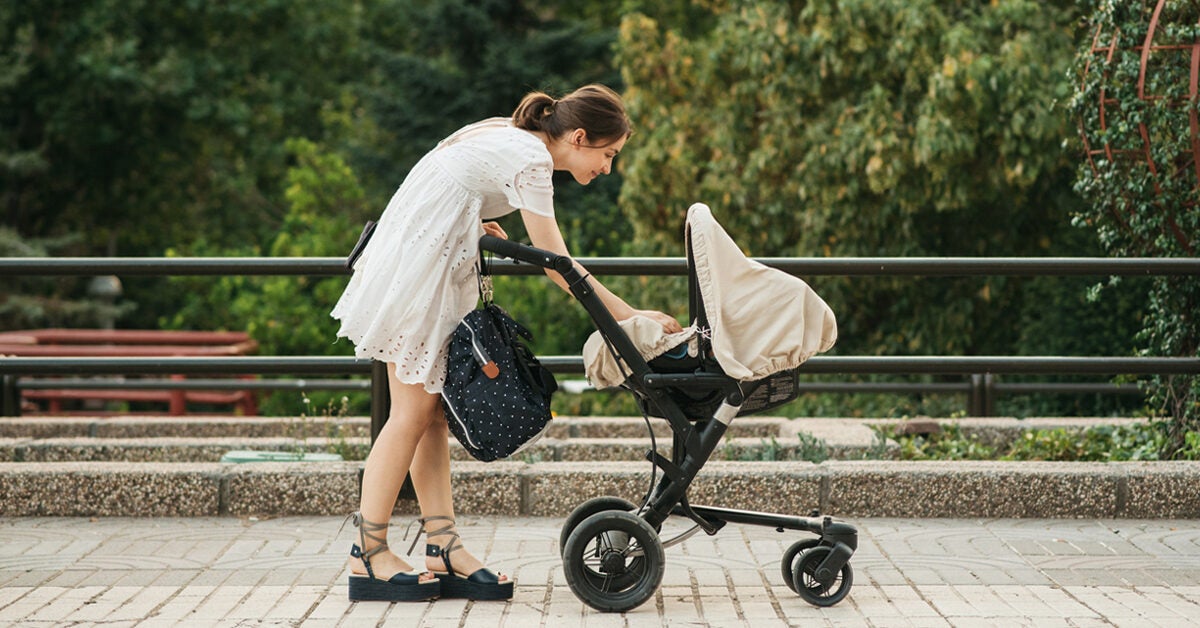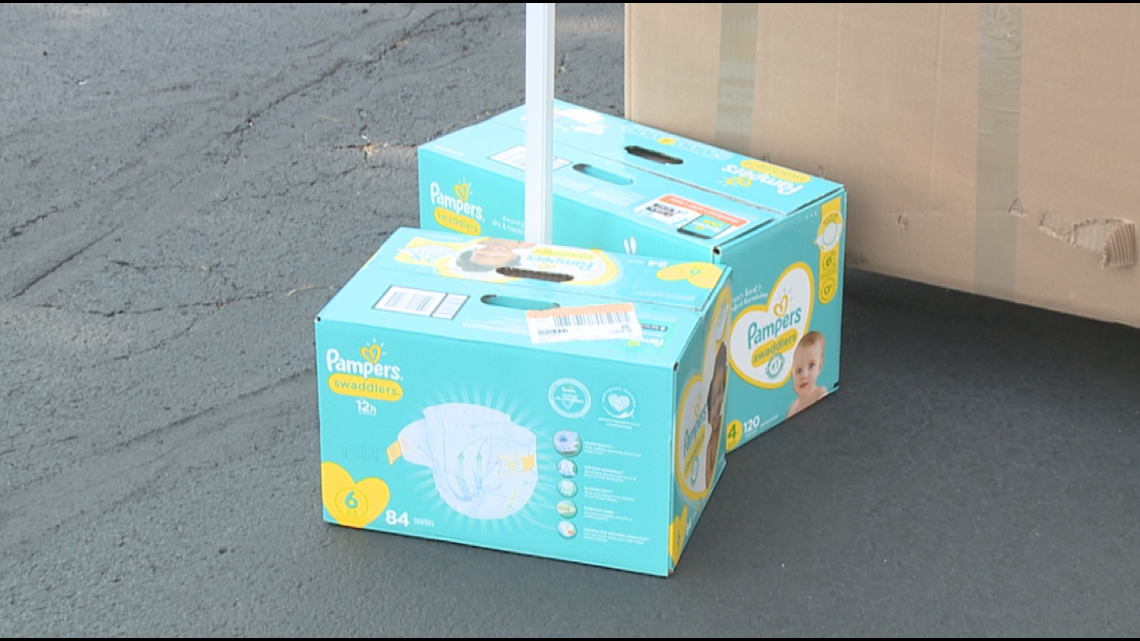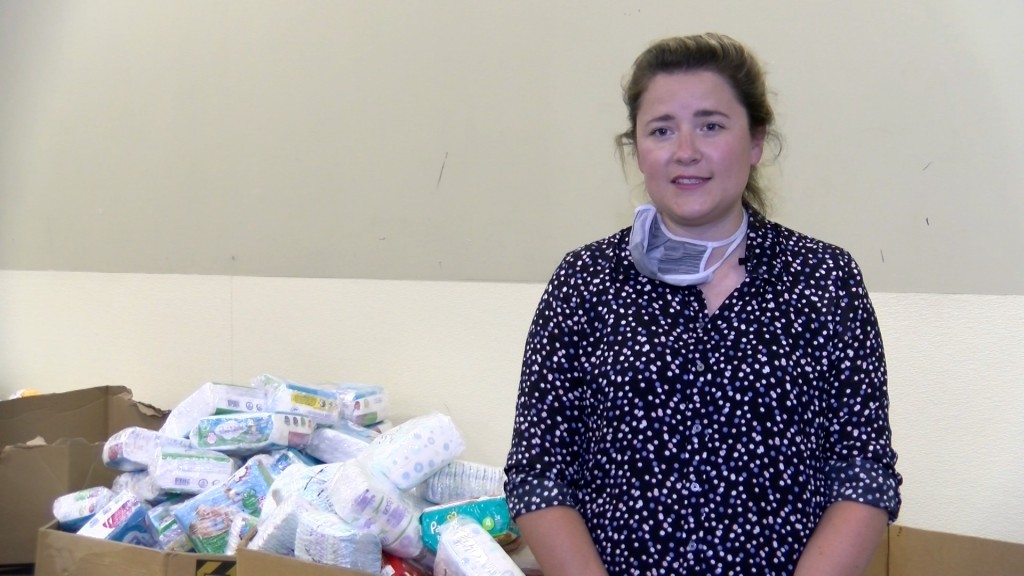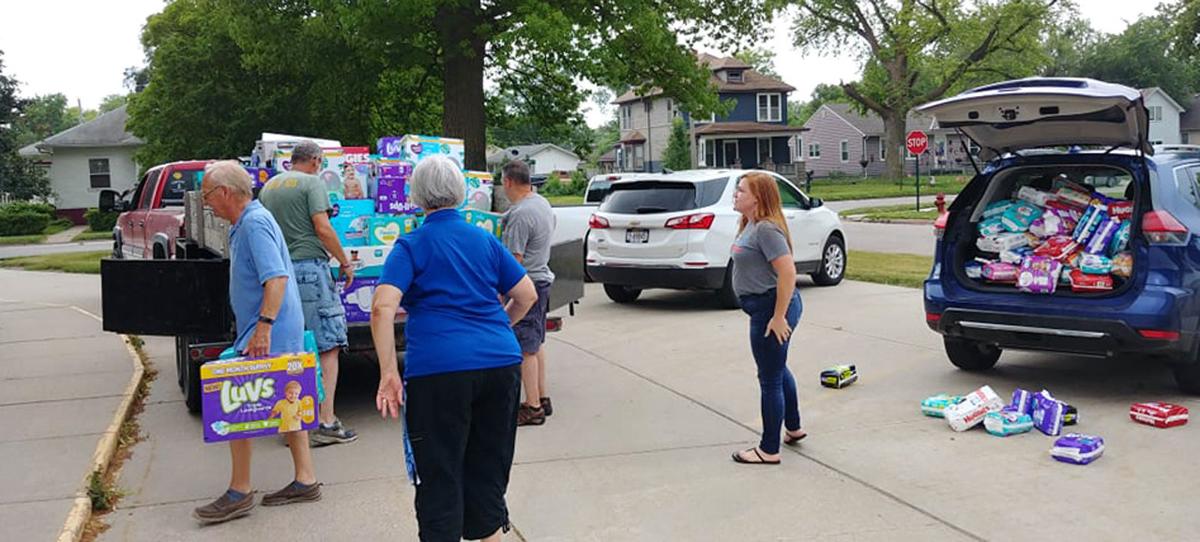Autumn is within the air! And whereas the timber begin shedding in preparation for the colder seasons forward, you’re certain to trace every kind of leaves, acorn shells, and different particles into your home. Fortunately, it’s simple to maintain your flooring clear this fall with a little bit of assist from Roborock’s clever vacuum lineup.
Roborock S6 MaxV
If you’d like the very best robotic vacuum Roborock has to supply, there’s merely no denying that the S6 MaxV is for you. Launched simply earlier this yr, Roborock’s flagship vacuum comes loaded with progressive navigation expertise. Up entrance sit two cameras which are capable of see, establish, and navigate round probably problematic obstacles. These cameras work alongside Roborock’s PreciSense LiDAR navigation system with infrared imaging, enabling the vacuum to simply sweep an area, whatever the time of day (or night time).
The S6 MaxV doesn’t simply excel at vacuuming carpets. It has a mopping system, as effectively. Geared up with a excessive capability 297ml water tank, this robotic vacuum can mop up a 2150sqft area earlier than it must be emptied out.
The S6 MaxV is on sale proper now at Amazon for $749.99 ($50 off). To be taught extra about Roborock’s flagship robotic vacuum, check out the official product page here.
Roborock S5 Max

In case your flooring are largely fabricated from wooden, tile, and different exhausting surfaces, the S5 Max is a good choice for you. For starters, it comes outfitted with a 290ml water tank that may mop a 2000sqft space earlier than needing to be emptied. Inside sits a worthy lithium-ion battery that may run for 3 straight hours earlier than the vacuum returns to its cradle for a recharge. It additionally makes use of Roborock’s superior LiDAR navigation system, full with user-designated no-mop zones to make sure the S5 Max solely mops the place you want it to. And sure, earlier than you ask, the S5 Max may also vacuum carpets.
The Roborock S5 Max retails at $549, and you’ll decide one up at Amazon. To be taught extra concerning the S5 Max, head on over to the official product page here.
Roborock S6

A quiet house is a cheerful residence, proper? The Roborock S6 is the stealthiest vacuum within the group, prioritizing a quiet runtime with out sacrificing its sensible cleansing options. The S6 comes outfitted with a simultaneous localization and mapping (SLAM) navigation system, which permits the vacuum to create a digital map of your house and perceive its place inside that area. Add in 2000Pa of suction, a 140ml water tank, and a smartphone-grade 32-bit quad-core processor, and the S6 is brimming with tech to assist maintain your flooring clear.
The Roborock S6 is available in at $649.89 at Amazon. To be taught extra concerning the S6 collection, navigate to the official product page here.
Roborock E3

The Roborock E3 is all about providing distinctive cleansing energy at an inexpensive value match for anybody’s finances. The E3 comes outfitted with a 640ml dustbin that solely must be emptied as soon as every week, a long-lasting 5200mAh battery, and it may obtain 2000Pa of suction. It makes use of a twin gyroscope system to assist in straight-line navigation, whereas its twin laser with LED movement sensors maintain the vacuum on monitor.
The Roborock E3 could be yours for simply $339.99 ($60 off) at Amazon. In case you’d prefer to be taught extra concerning the E3, take a look at the official product here.
Much more merchandise to your ground cleansing wants

Didn’t see the best vacuum for you? No worries! Roborock provides a sturdy lineup of vacuum cleansing merchandise, all geared toward completely different wants and value factors. To browse Roborock’s full catalog of merchandise, from the hand-held H6 to the affordably succesful E4, check out their Amazon product page here.
Keen on a sponsored publish or different promoting choices? Fill out this manner.
October 01, 2020 at 04:34AM
https://ift.tt/3cJJa3o
Top 10 Best Washable Dog Diapers 2020 - Best gaming pro
https://ift.tt/2Comt7j
Diapers


















